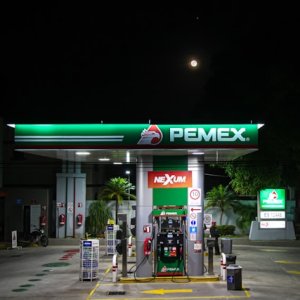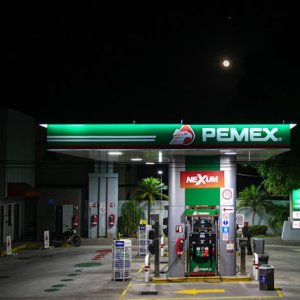Achieving Leadership in Downstream Digital Services

STORY INLINE POST
Q: What were the incentives in the early 1990s in the Mexican downstream market that led to the creation of ATIO Group?
A: At the time, I had arrived in Mexico from Argentina with a consulting firm to work on a specific project that involved the insurance sector. I saw business opportunities here that I did not see in any other Latin American country. I originally established ATIO Group in 1994 as a tech firm specialized in software and IT. The focus on the downstream sector came later, in 1996. During that time, we won second place in a contest organized by Microsoft, which was then celebrating 10 years of doing business in Mexico. Thanks to that award, our relationship with Microsoft deepened. They became our partners and handed us a commercial lead, which turned out to be a retail fuel company. This led us to analyze the downstream market. We soon realized that it was not receiving the attention and support it deserved, so we developed solutions for them while assuming risks ourselves. By 1997, we had developed the product lines that we have today as an IT company focused exclusively on oil and gas. We began with automation systems for service stations. From there, we evolved into other industries that used their own self-supply fuel systems, including the mining and aerospace industries. This allowed us to expand into all countries in the region, although Mexico remains central to our strategy.
Q: How have you adapted to the many transformations that have taken place in Mexico’s downstream sector since 2014?
A: We have adapted to a number of transformations, of which those experienced since 2014 are only a few. These changes have resulted in crucial opportunities for us. For instance, 2004 was an important year for the sector as well. That year, SAT established that service stations had to manage volumetric measurements and controls as part of their fiscal filings. This meant that a product such as ours, which could digitally automate those measurements and controls, became necessary to reduce costs and guarantee regulatory compliance.
We also began playing a more important role in the development of the sector. We became more active in evangelizing current and potential clients on the use of our products. Over time, this regulatory regime meant that clients understood the need for our products and these kinds of explanations were no longer necessary. Soon after, the implementation of electronic invoicing at service stations was implemented.
We can say that the sector’s “opening” in 2014 is the third major market change that we have adapted to. Many international operators that entered the business as a result of the Energy Reform ended up choosing us as either their sole provider, as in the case of BP, or as their preferred partner, which was the case with ExxonMobil, Shell and Repsol. Our institutional and processing standards needed to be updated when working with these world-renowned clients. A number of challenges had to be overcome, but those were far outweighed by the opportunities that this change represented for us. As a result, we are now a presence in over 40 percent of the service station market and have 100 percent of the airport fuel-supply market.
Q: How did the pandemic impact your business and increase the demand for automated systems at service stations?
A: The pandemic has had a significant effect on three aspects of service station operations: contactless payment, or frictionless, digital transformation and remote management. As a result, we have generated business opportunities that have become drivers of growth. We have increased our contactless payment options through alliances with banks and other relevant financial institutions. In Mexico, they are becoming increasingly tied to the development of tech startups, so they are familiar with the landscape and appreciate a company like ours. Through these partnerships, our software and automation system tools are receiving and processing a variety of digital payment options. Our fleet management systems have also become more sophisticated so that larger clients in the logistics sector can load fuel quicker. Remote operations have also seen benefits when using our tools, such as ControlGAS Visual BI, which allows relevant service station information to be displayed in real time on any device. This includes employee training services to help our clients adapt to these new modalities through digital courses, which are now consolidated under our ATIO University platform.
Established in 1994, ATIO Group is a Mexican provider of automation and control technologies for gas stations and fuel suppliers in logistical hubs such as airports.








 By Pedro Alcalá | Senior Journalist & Industry Analyst -
Tue, 02/15/2022 - 11:16
By Pedro Alcalá | Senior Journalist & Industry Analyst -
Tue, 02/15/2022 - 11:16
















